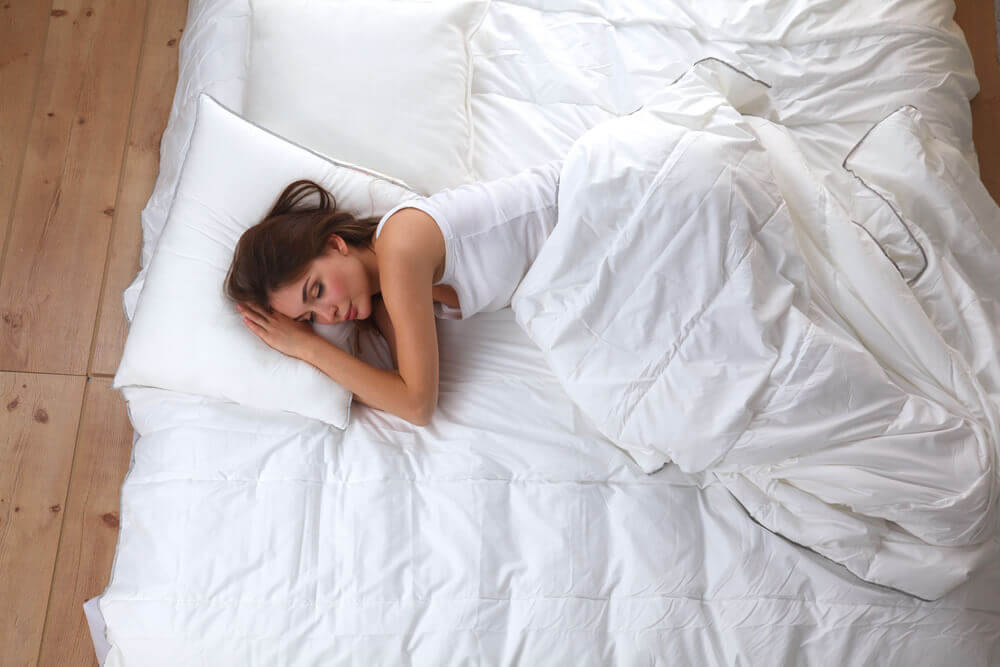What Is Sleep Paralysis?

Sleep paralysis is a very common sleep disorder—most people will experience it at least once in a lifetime, and some suffer chronic episodes. Many people take a sleep paralysis episode as evidence of the paranormal. Here’s the information you need on sleep paralysis—what it is, how it’s caused, and what you can do about it.
Sleep Paralysis
Sleep paralysis is the experience of drifting off partly to sleep or waking from sleep, only to find that you can’t move your body. Sometimes fingers, toes, the tongue, or eyes can still move. The experience is often associated with shortness of breath, a sense of fear, and visual or auditory hallucinations.
Why Does Sleep Paralysis Happen?
Sleep paralysis happens because of a natural and necessary sleep mechanism known as REM atonia. ‘REM’ refers to the deep stage of sleep in which dreaming occurs, and ‘atonia’ refers to muscle laxity or a lack of muscle control.
Basically, during deep sleep the brain cuts the signal between the muscles and the brain, so that we can experience our dreams without acting them out in the waking world. Sleep paralysis happens when you become alert before REM atonia ceases. The brain is partially asleep and partially awake, and so it projects dream images and sounds into the waking world. Combined with the inability to move, that surreal sense of a waking dream can make sleep paralysis particularly frightening—but not a serious health risk.
Is Sleep Paralysis Dangerous?
Sleep paralysis, though common, is not something to be worried about. For most people, it happens during periods of high stress or when the body isn’t getting enough sleep. After a single episode or a series of repeat episodes, sleep paralysis usually stops on its own.
Despite all the reassurance in the world, sleep paralysis can still be terrifying. In my next blog, I’ll try to take some of the fear out of it the experience. I’ll have a look at ways to break the paralysis, examine its relationship to the paranormal, and even discuss ways to use sleep paralysis as a gateway to lucid dreaming.
Author Bio: +Michelle Gordon is a sleep expert who researches and writes about sleep and health, and is an online publisher for the latex mattress specialist Latexmattress.org.


